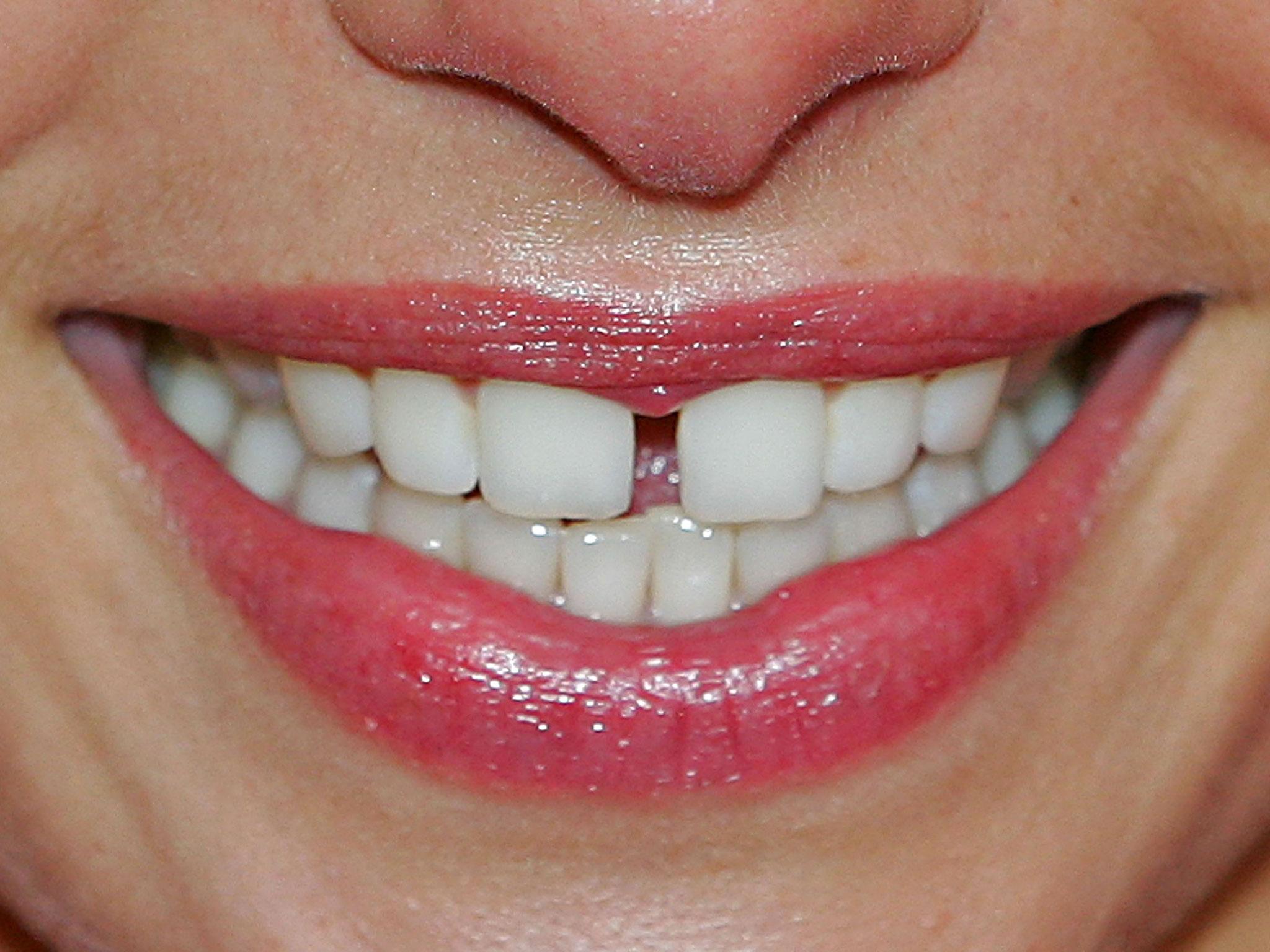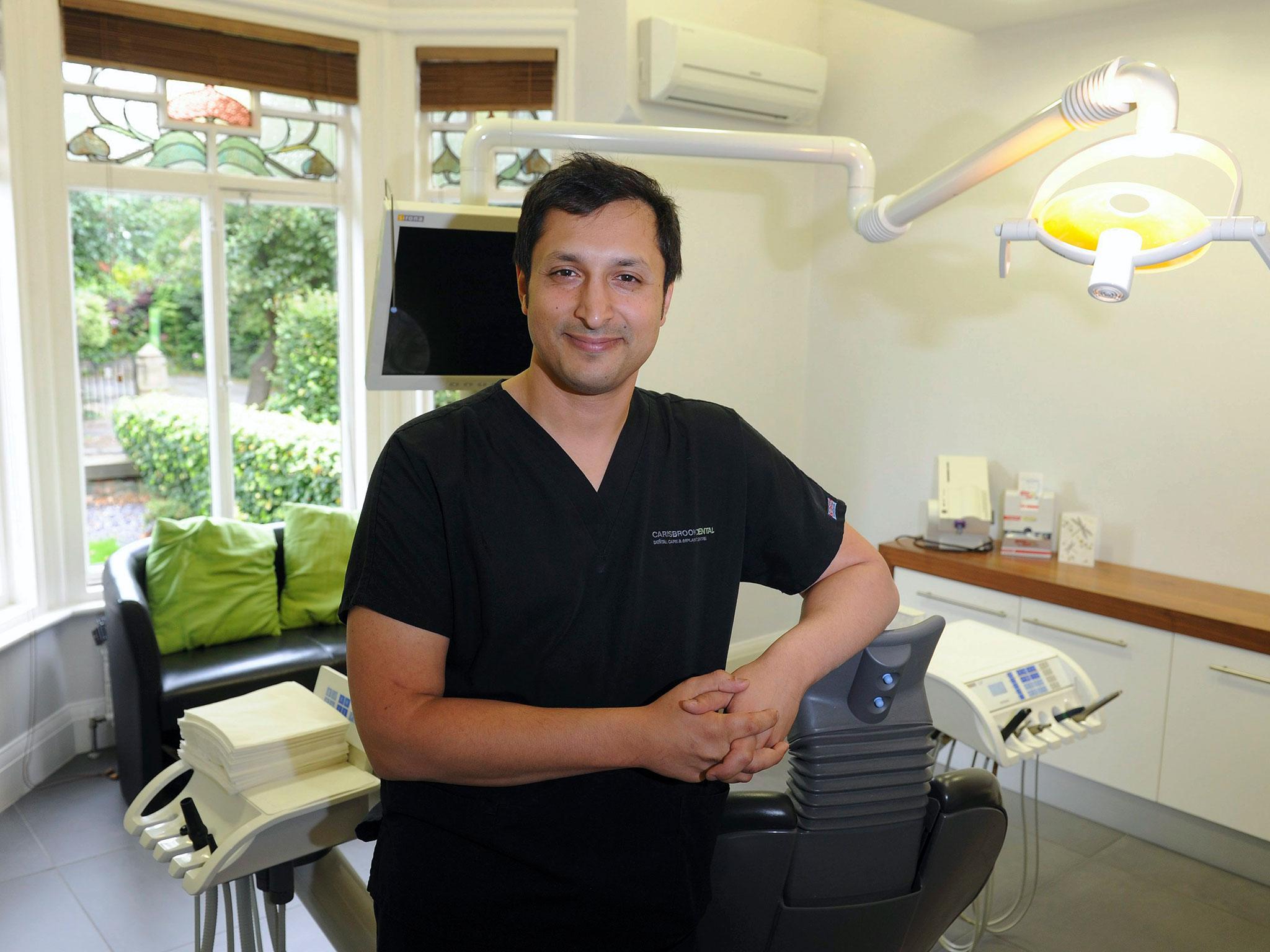A dentist reveals what happens inside your mouth every time you skip a check-up
One patient was left needing £27,000 of treatment after avoiding the dentist's chair for 10 years

Your support helps us to tell the story
From reproductive rights to climate change to Big Tech, The Independent is on the ground when the story is developing. Whether it's investigating the financials of Elon Musk's pro-Trump PAC or producing our latest documentary, 'The A Word', which shines a light on the American women fighting for reproductive rights, we know how important it is to parse out the facts from the messaging.
At such a critical moment in US history, we need reporters on the ground. Your donation allows us to keep sending journalists to speak to both sides of the story.
The Independent is trusted by Americans across the entire political spectrum. And unlike many other quality news outlets, we choose not to lock Americans out of our reporting and analysis with paywalls. We believe quality journalism should be available to everyone, paid for by those who can afford it.
Your support makes all the difference.A general rule of thumb is to get your teeth inspected every six months - but people with poor mouth hygeine, previous problems, or genetic factors could need more regular supervision.
But phobias of the dentist's chair and a hectic lifestyle mean that a regular check-up can quickly slip off the radar.
While some with healthy teeth can wait as long as two years for a once-over, people who choose to skip regular check-ups could suffer rapid deterioration of their oral health - and may not even realise anything is wrong.
Even if tooth decay is not an issue, dentists also check for mouth cancer and other ailments, which could potentially save a person's life, says Dr James Goolnik, from the Bow Lane Dental Group in London.
So, what happens if you don’t visit the dentist regularly?
Six months
At this point, many patients will be unaware that they are starting to develop small cavities in their teeth.
These holes are caused by tooth decay which will get gradually more extensive over time. Left untreated, these cavities can cause tooth loss.
As well as monitoring tooth health, these appointments can be the point at which early signs of oral cancers are spotted - particularly important for patients who smoke and drink regularly.
"One of the most common signs of head and neck cancer is an ulcer which develops in the mouth and does not heal within 14 days,” says Dr Tariq Idrees, a dentist at Carisbrook Dental Clinic in Manchester.
Caught early, survival rates are good but drop rapidly.
One year
A year of neglect and no dentist intervention means gum disease is now likely. Symptoms are painful and bleeding gums.
Without any treatment a patient can be left with painful inflammation and tooth loss, warns Dr Idress.
But many will brush less to avoid the discomfort of brushing raw gums, meaning the problem will get even worse.
Two years
When two years have passed, the likelihood that someone will now have some form of toothache or require painful and expensive treatments to sort out underlying problems increases.
By this stage, a cavity – which at one point would have been quick and relatively cheap to fix – may need a root canal.
This type of procedure involves multiple visits, and is painful.
Gum recession will also become more likely. Existing work, including implants, can start to fail.
At this point, a patient's oral health could be heading for a critical state.

Five years
By now, underlying oral health problems could now have become serious concerns. Last week Dr Goolnik found a cyst in a patient's jaw who hadn't seen a dentist in four years. He now needs major surgery to remove it.
At this stage, once straightforward teeth upkeep techniques have been neglected for so long that the long-term survival of someone's teeth is at risk.
Tartar, for instance, needs to be regularly scraped away with a special tool in a process called scaling.
But after five years, a person's teeth will be covered in a worrying amount of the hard calcified deposits that contributes to their decay.
Ten years
The entire shape of the mouth could now be a matter of concern, as teeth become crowded or crooked without any intervention.
After a decade without a dentist's oversight, a patient's teeth are now likely to have become sensitive and potentially worn down.
One man who had not visited the dentist in 10 years was recently treated by Dr Idrees, who spent 18 months reconstructing his teeth in a £27,000 procedure.
It is a stark reminder that the oral health we take for granted can rapidly slip away from us.
Join our commenting forum
Join thought-provoking conversations, follow other Independent readers and see their replies
0Comments